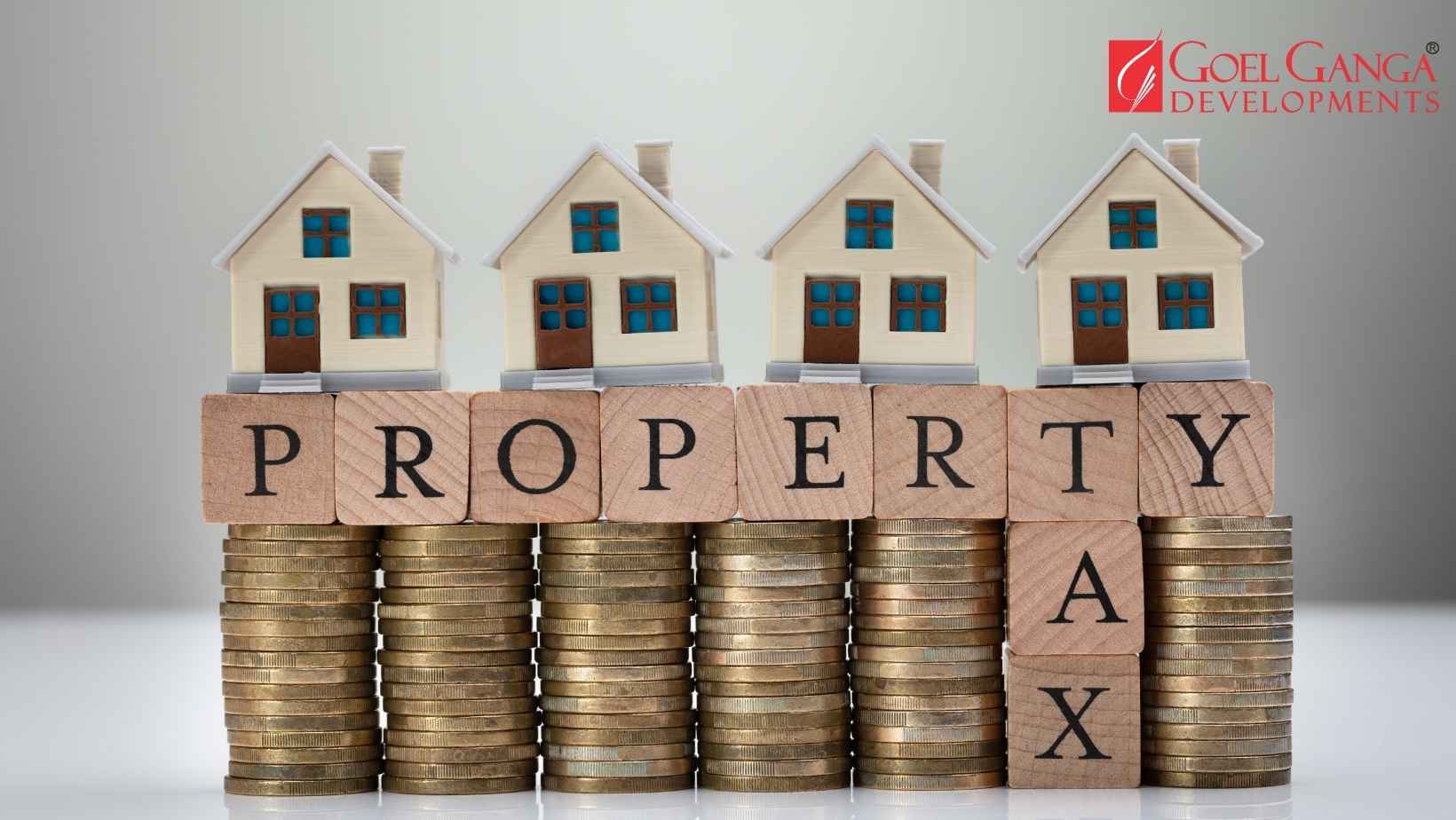Property tax assessment is the process local governments use to determine a property’s taxable value, impacting homeowners’ annual costs. It involves evaluating factors like size, location, condition, and market sales. The assessed value is then multiplied by the local tax rate, with potential deductions for exemptions. Understanding this process ensures fair taxation and aids financial planning for property owners.
Navigating the world of homeownership involves more than just mortgage payments and maintenance; understanding your property tax is equally crucial. What exactly is property tax assessment, and how does it directly impact your wallet? This guide demystifies the process, helping you understand how local governments value your property for taxation.
Table of Contents
ToggleWhat is Property Tax Assessment? (And Why Does It Matter?)
Property tax assessment is the formal process by which local government authorities determine the value of real estate within their jurisdiction. This valuation is conducted specifically for the purpose of calculating property taxes.
What is “Assessed Value”? The “assessed value” is the estimated worth of your property, determined by the local municipality, which serves as the basis for calculating how much property tax you owe.
This assessment directly dictates a significant ongoing cost of homeownership. Understanding how your property is assessed is crucial for financial planning, ensuring you’re paying a fair amount, and providing a basis if you ever need to dispute an inaccurate valuation.
How is Property Tax Calculated? Breaking Down the Formula
The calculation of your annual property tax bill follows a straightforward formula once your property’s assessed value is determined.
Property Tax = Assessed Value × Tax Rate
What is “Tax Rate”? The “tax rate” is a percentage or a fixed rate per unit of value set by the municipal body. It is applied to your property’s assessed value to determine the tax amount due.
Local municipal bodies periodically set this tax rate, which can vary significantly depending on the region and the local government’s budgetary needs for public services like schools, roads, and emergency services. It’s also important to note that various exemptions and deductions might apply, which can reduce your overall tax liability.
Key Factors Influencing Your Property Tax Assessment
Your property’s assessed value isn’t static; several factors can cause it to change over time. Understanding these influences can help you anticipate adjustments to your tax bill.
Common factors include:
- Property Improvements: Major renovations, additions, or significant upgrades can increase your property’s value.
- New Construction: Recently built properties or new developments in your area can trigger a reassessment.
- Changes in Market Value: Broad economic shifts or local real estate trends that impact property prices in your neighbourhood.
- Corrections of Records: Rectifying errors in property records (e.g., incorrect size or features).
- Zoning or Usage Changes: A change in the permissible use or zoning of your property can alter its value.
- Periodic Reassessments: Municipal bodies conduct scheduled reassessments to ensure property values align with current market conditions.
Common Methods of Property Valuation for Tax Purposes
Assessors utilize various methods to determine a property’s taxable value, aiming for fairness and consistency across the board.
- Comparative Method: This widely used approach involves comparing your property to similar properties that have recently been sold in your vicinity. Factors like size, age, condition, and amenities are considered to arrive at an estimated value.
- Unit Area Method: Under this method, property tax is calculated based on the built-up area of the property multiplied by a fixed rate per unit area. This rate can vary based on factors like construction type, usage (residential, commercial), and locality.
- Capital Value Method: This approach assesses the tax based on the property’s market value or a declared capital value. It often considers factors like location, type of building, and amenities to arrive at the base value for taxation.
Why Understanding Your Property Assessment is Crucial for Homeowners
Being informed about your property tax assessment is more than just academic knowledge; it’s a vital part of responsible homeownership.
- Financial Planning: Knowing your property’s assessed value allows for accurate budgeting of your annual property tax expenses.
- Ensuring Fair Taxation: An understanding of the assessment process empowers you to ensure your property is not over-assessed compared to similar properties.
- Basis for Disputing Valuations: If you believe your property has been unfairly assessed, knowledge of the methods and factors involved provides you with the necessary foundation to file an appeal.
FAQs About Property Tax Assessment
How often are property assessments done?
Property assessments are typically done periodically by municipal bodies, though the frequency can vary by jurisdiction. Some areas might reassess every few years, while others might do so annually or semi-annually.
Can I dispute my property tax assessment?
Yes, most jurisdictions provide an appeals process for property owners who believe their assessment is inaccurate or unfair. This usually involves submitting documentation to support your property claim and may include a hearing.
What are property tax exemptions?
Property tax exemptions are reductions in the assessed value of a property, which in turn lower the property tax bill. Common exemptions include those for senior citizens, veterans, disabled individuals, or homestead exemptions for primary residences. Eligibility criteria vary by local laws.
Understanding property tax assessment is a fundamental aspect of responsible homeownership. Know how your property is valued, what factors influence its valuation, and how your tax is calculated to stay financially prepared and advocate for fair taxation. Stay informed, and you’ll navigate your homeownership journey with greater confidence.










